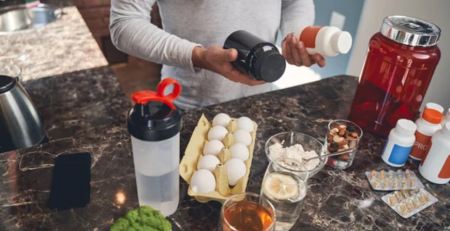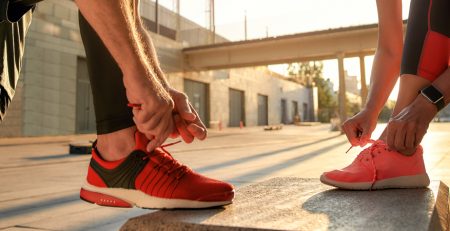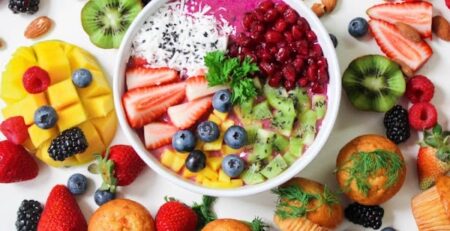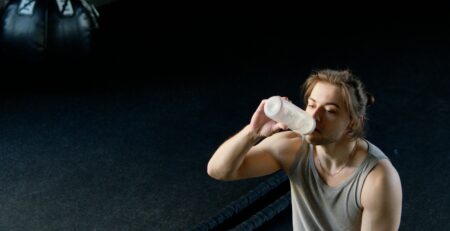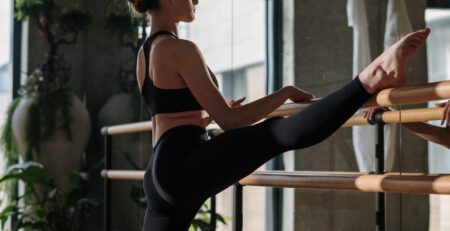Quenching Success: The Crucial Role of Hydration in Athletic Performance
Water, a simple yet vital elixir, plays a multifaceted role in the body, serving as a linchpin for blood volume maintenance and temperature regulation. Unlock the secrets to optimal hydration with practical tips, homemade isotonic sports drink recipes, and insights into the impact of dehydration on exercise performance.
The Importance of Hydration
Water isn’t just a thirst quencher; it’s a performance enhancer. Maintaining blood volume and regulating body temperature are among its crucial roles. For athletes, understanding the significance of hydration goes beyond quenching thirst—it’s about optimizing physical and mental performance.
Practical Tips for Staying Hydrated
- Carry a Large Water Bottle: Always have a water bottle on hand and make regular refills a habit.
- Set Reminders: Use phone reminders to ensure consistent hydration throughout the day.
- Hydrate with Meals: Pair each meal with a large glass of water to support digestion and overall hydration.
Homemade Isotonic Sports Drink
Choose fluid options and flavors you enjoy for increased intake. After training, rehydrate with one of these homemade isotonic sports drink options:
- Option 1: 200 mL ordinary fruit squash + 800 mL water + a pinch of salt.
- Option 2: 500 mL fruit juice (e.g., pineapple) + 500 mL water + a pinch of salt. (Dissolve salt in warm water first before adding)
When and How Much?
- Start Hydrated: Commence each training session fully hydrated, checking morning urine color for indications.
- Rehydration After Exercise: Rehydrate over several hours, replacing fluid lost. If urine color is dark, increase future fluid intake.
- Monitor Body Weight: Weigh yourself before and after training. For every 1 kg lost, replace with 1.5 kg of fluid.
What to Drink?
Water is beneficial, but athletes may benefit from drinks with sodium (salt), aiding fluid retention. Seek isotonic sports drinks for effective rehydration.
Impact of Dehydration on Performance
Even a 2% loss in body weight due to fluid losses can significantly impact exercise performance. Dehydration can lead to fatigue, reduced concentration, compromised immune function, and hindered adaptation to training.
Conclusion: Mastering Hydration for Optimal Performance
In the pursuit of peak athletic performance, mastering hydration is non-negotiable. Implement these practical tips, craft your isotonic sports drinks, and monitor hydration indicators to unlock your full potential. Seek guidance from a qualified sports nutritionist for personalized advice.
For more insights into optimal hydration and performance, visit SportNutarian. Elevate your game through the power of hydration.



